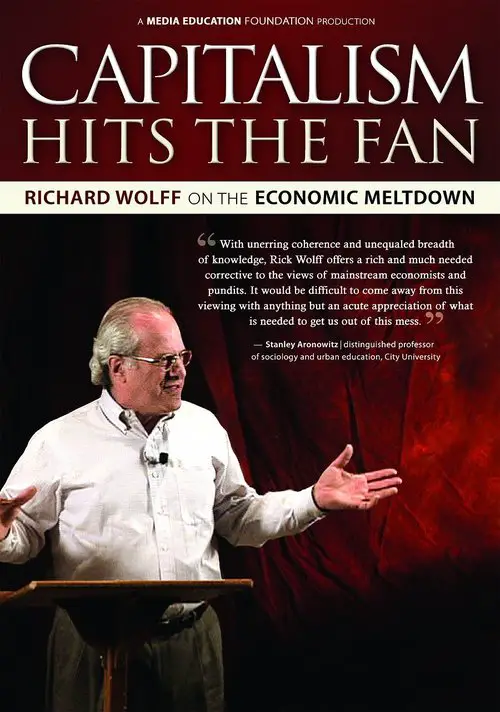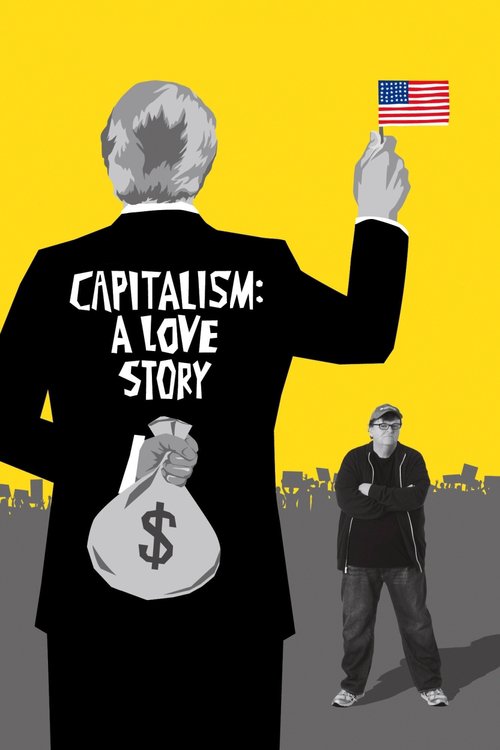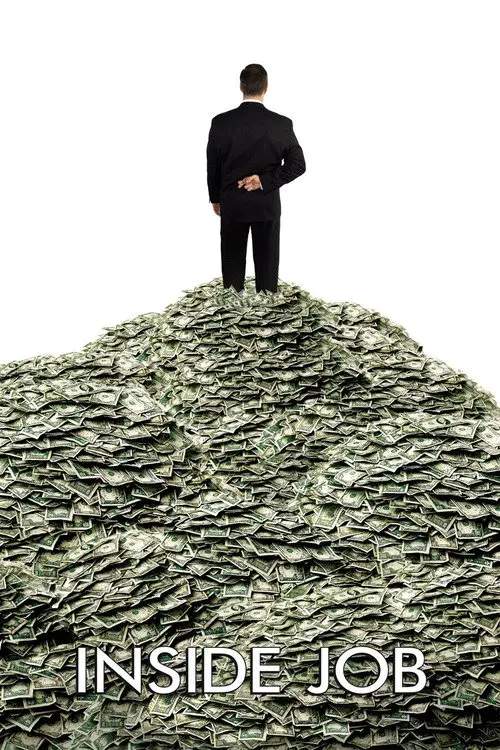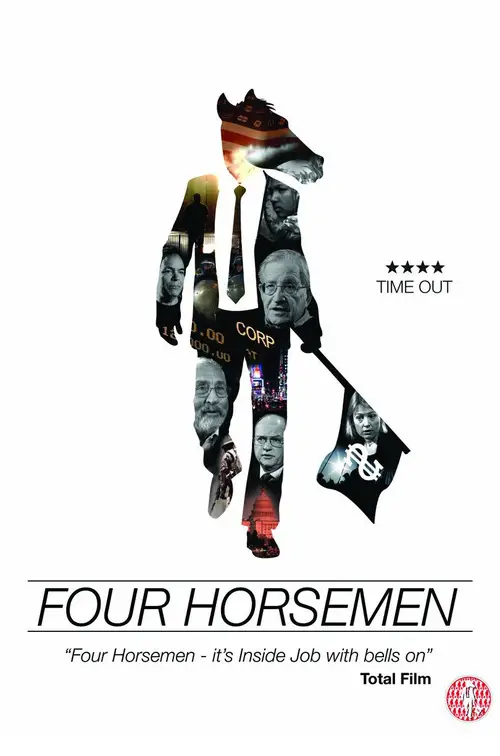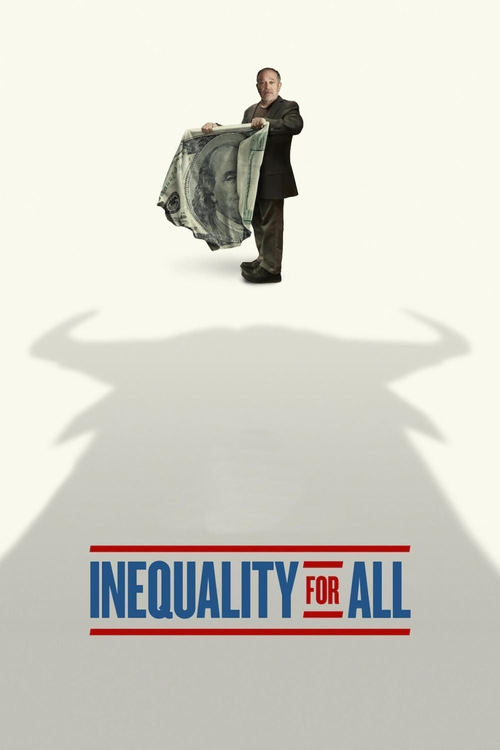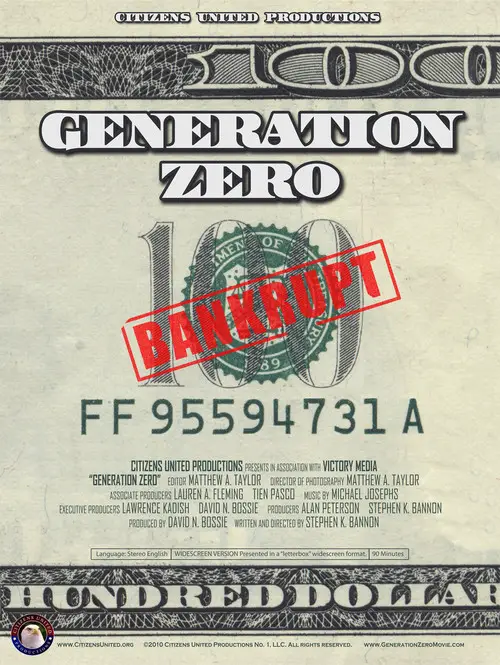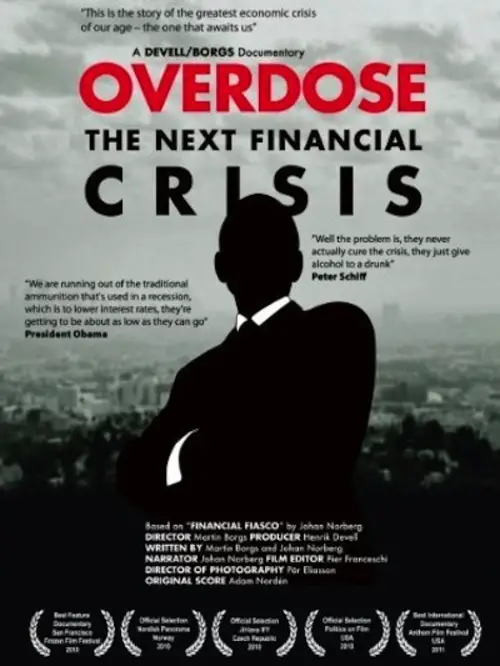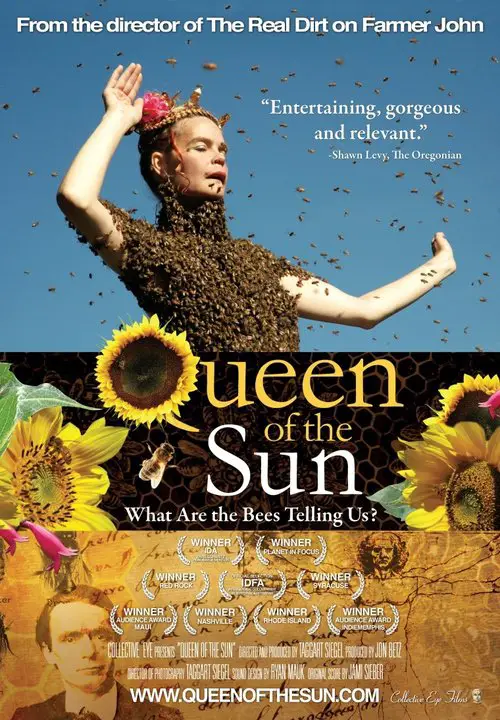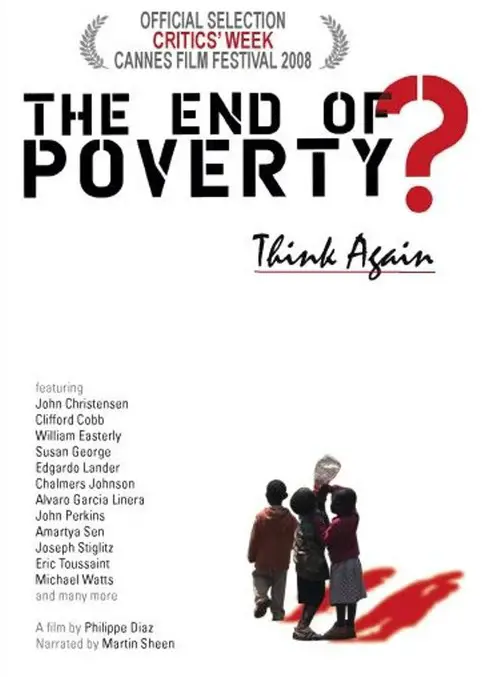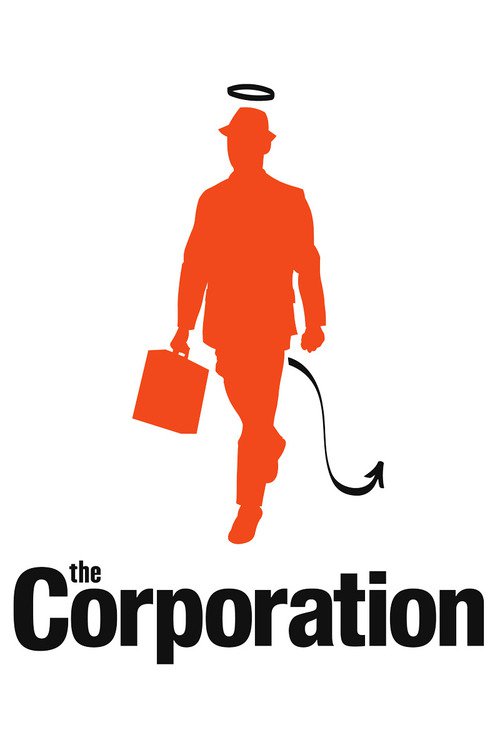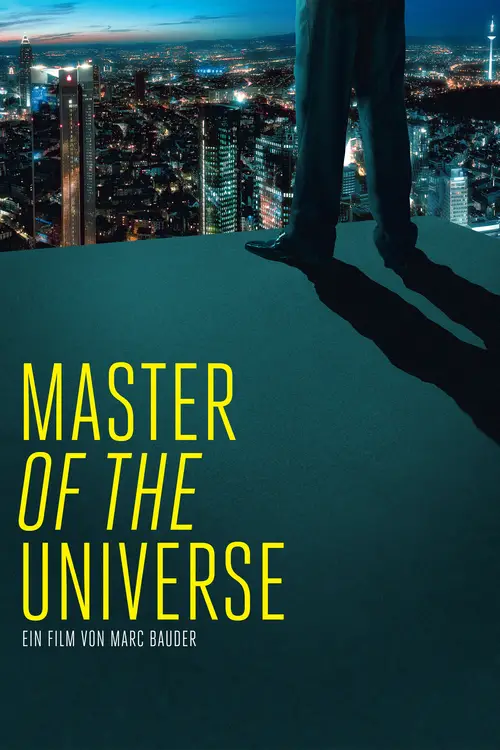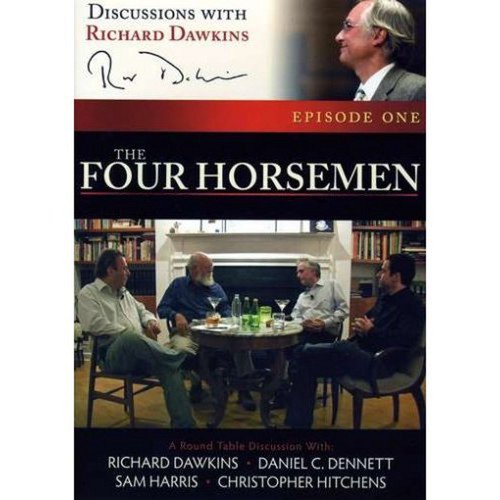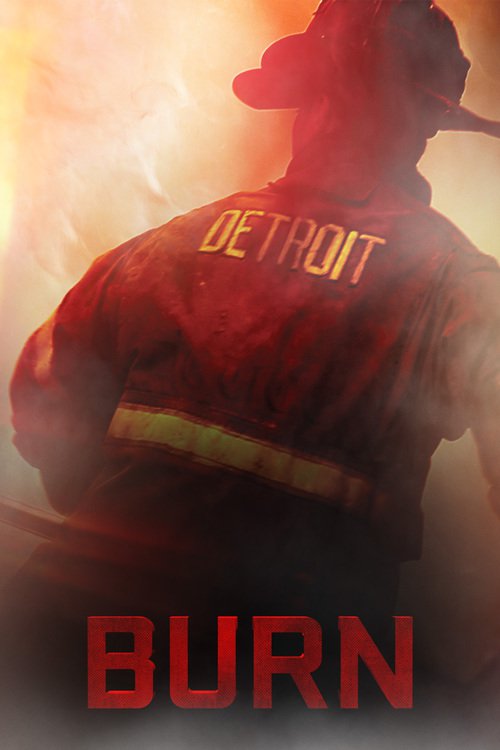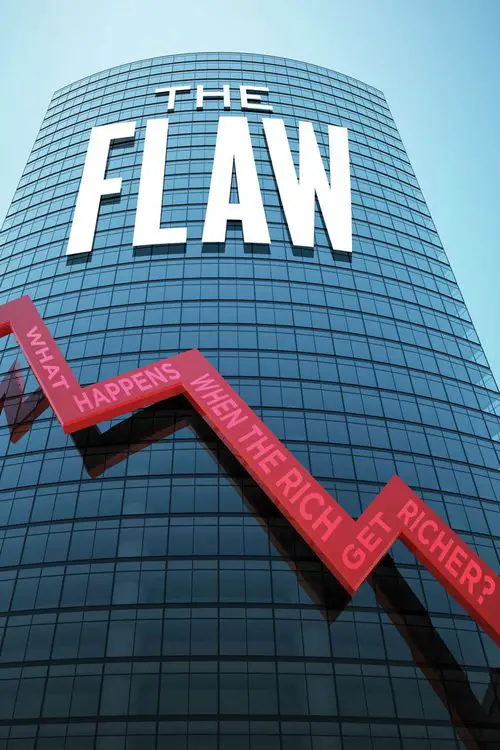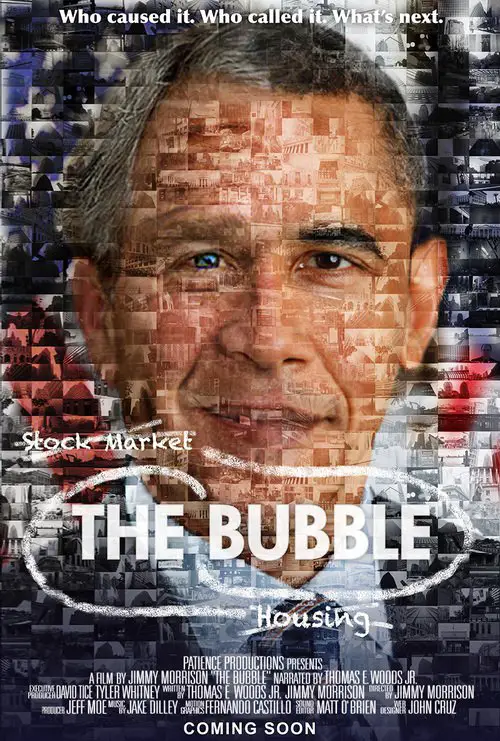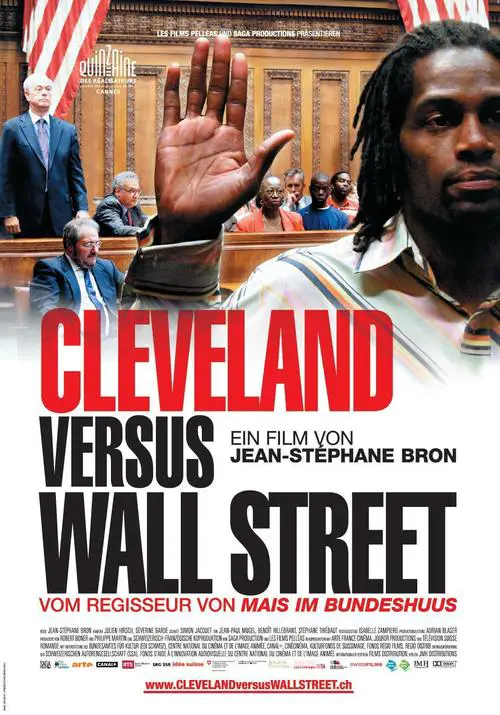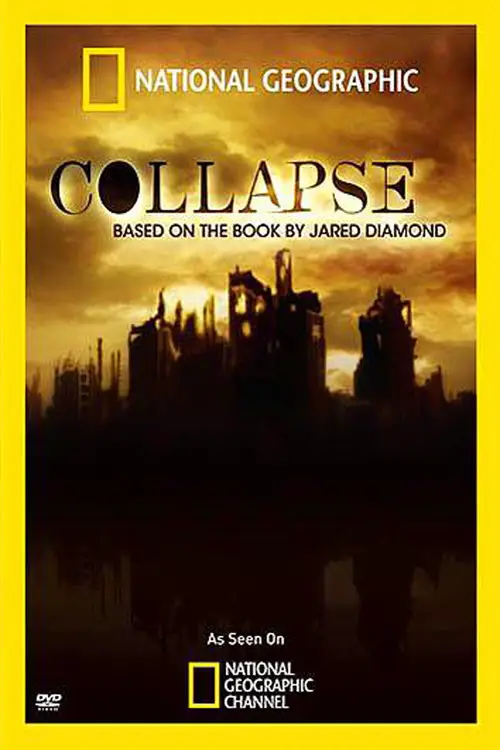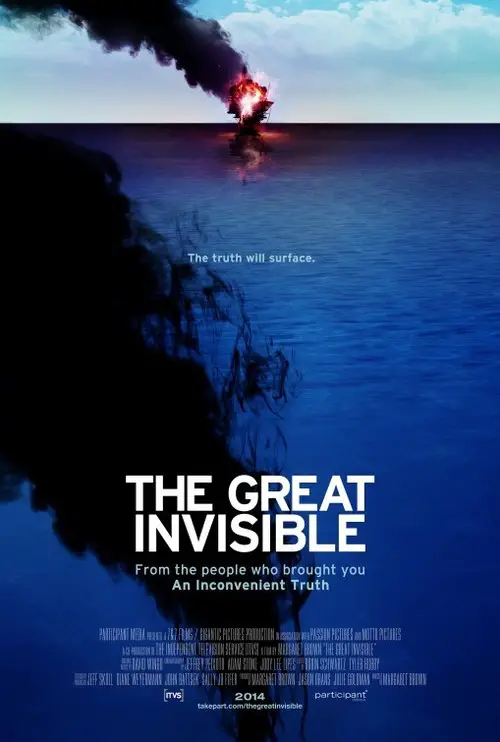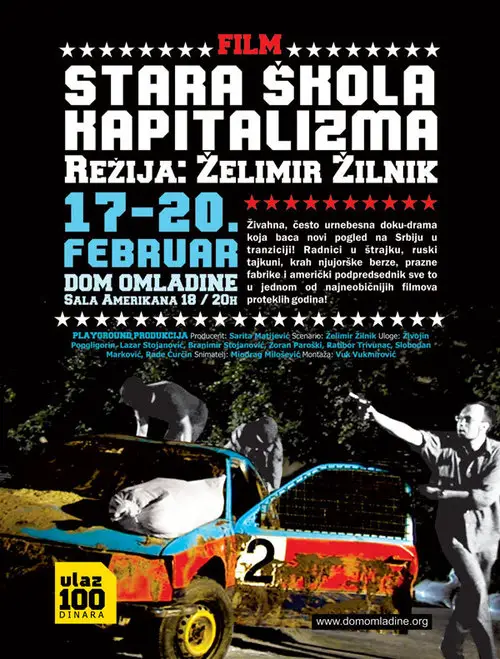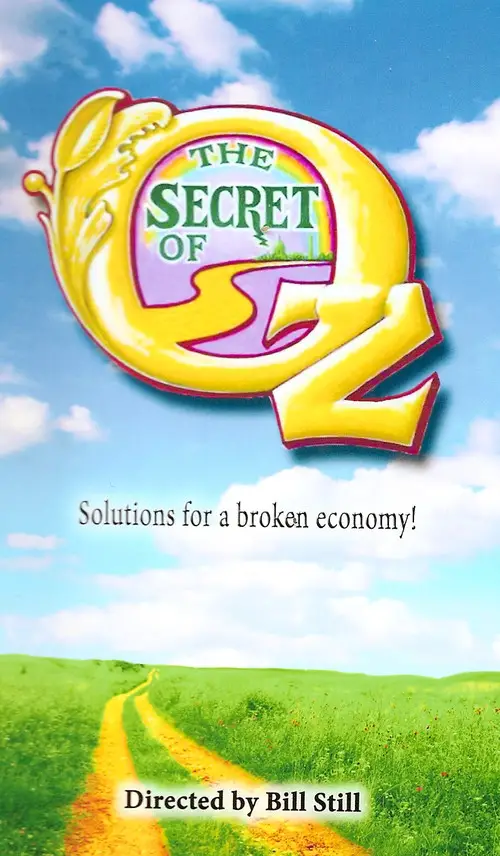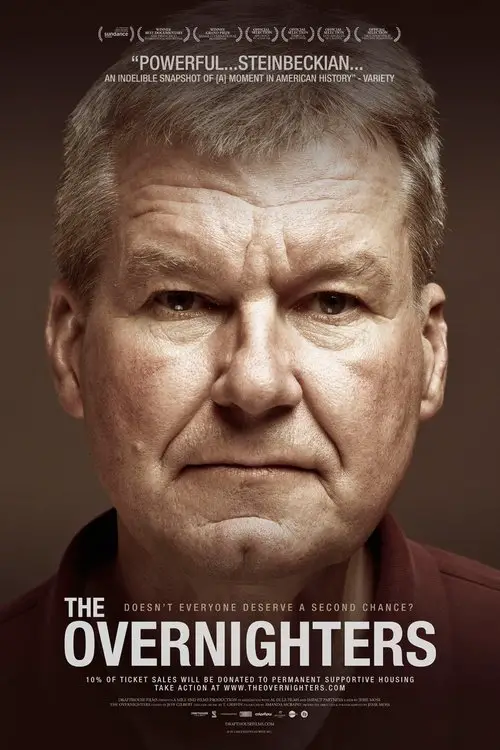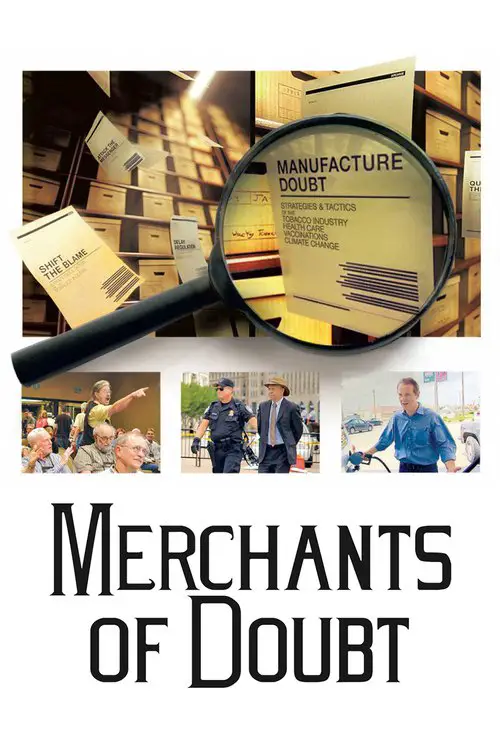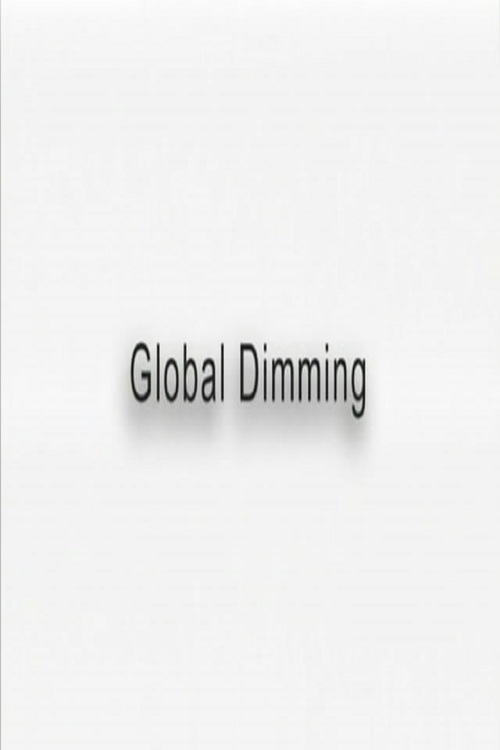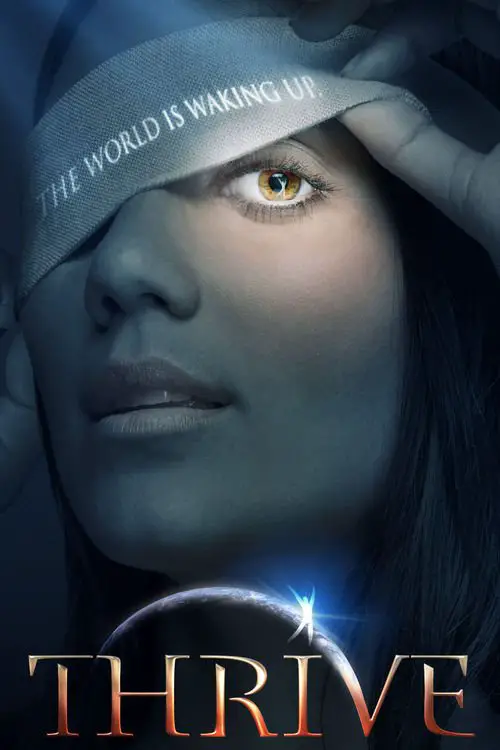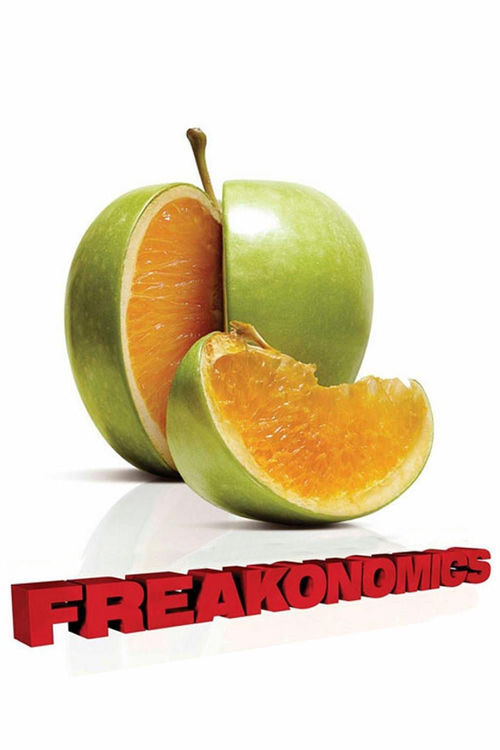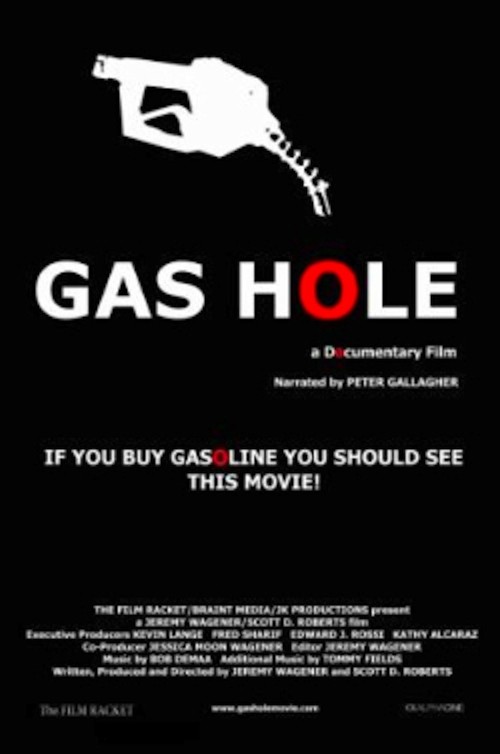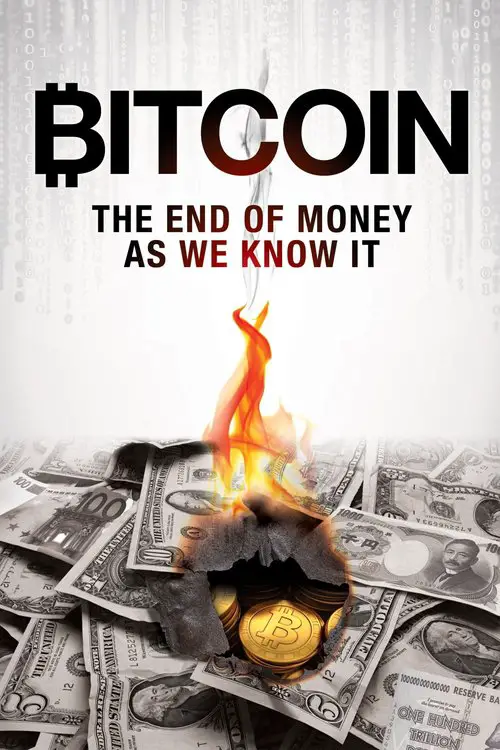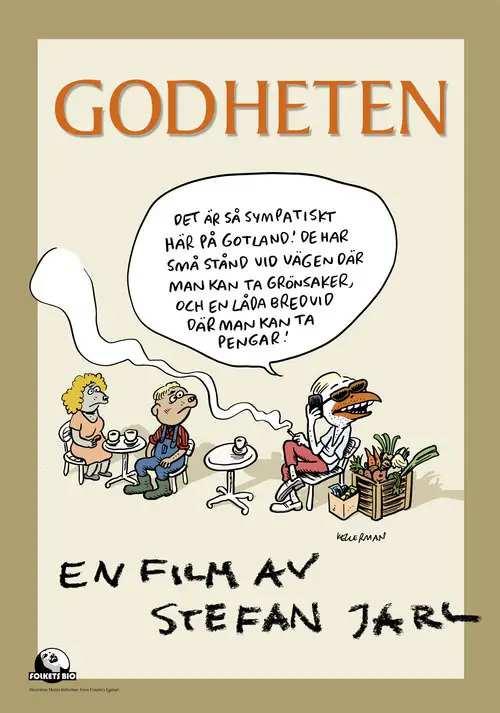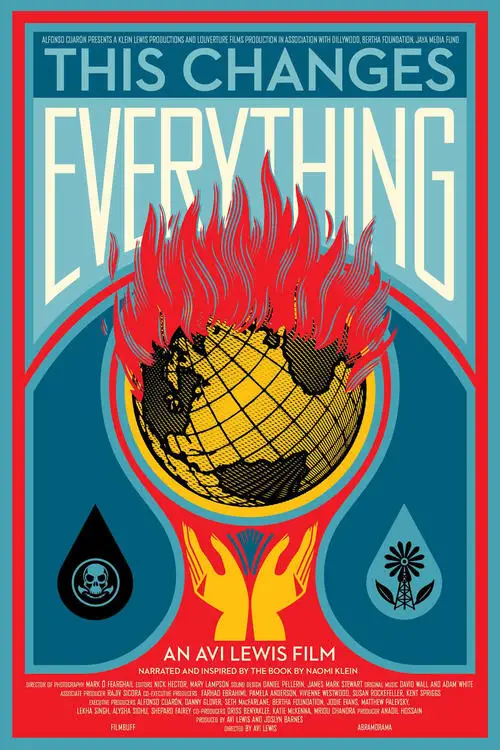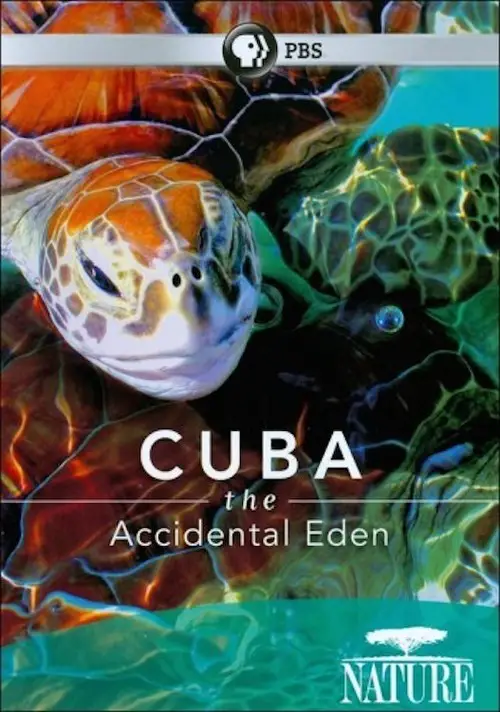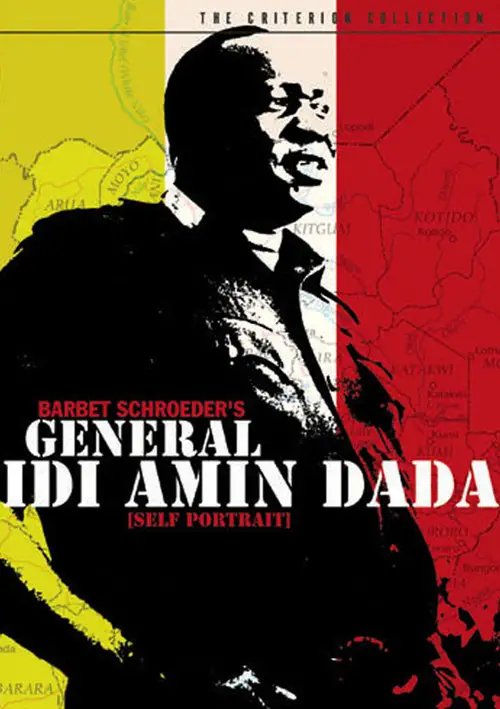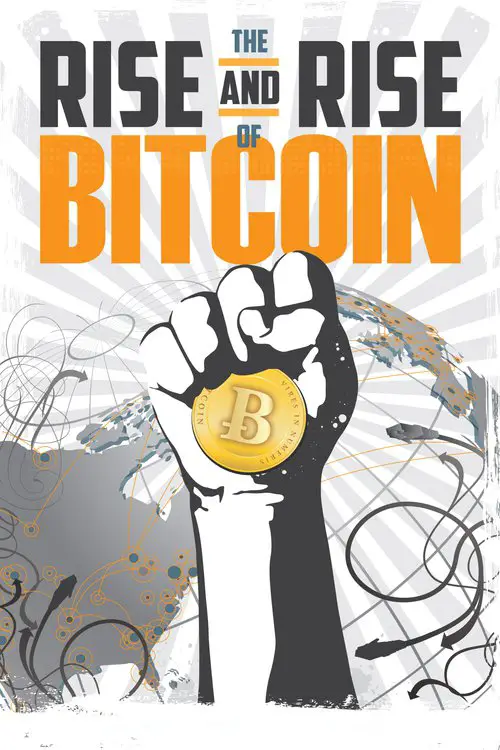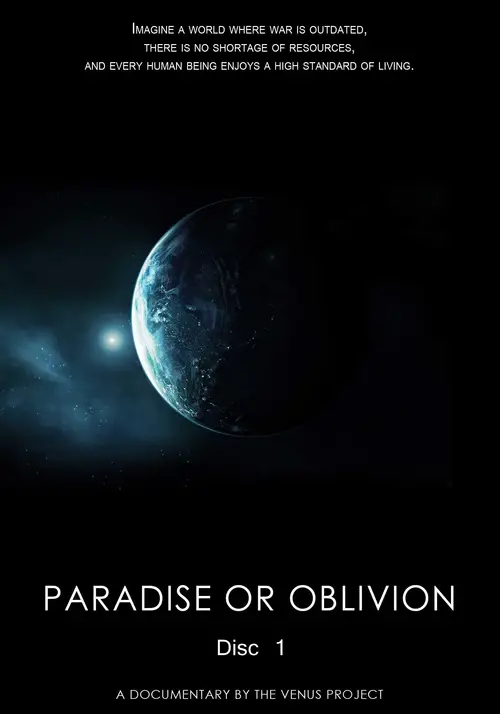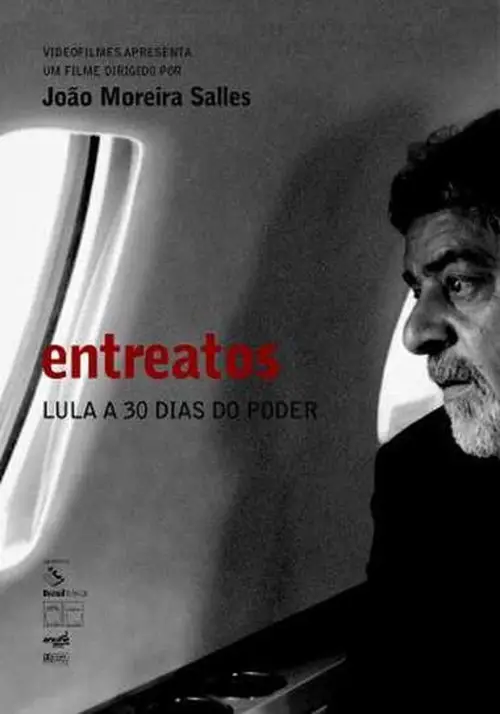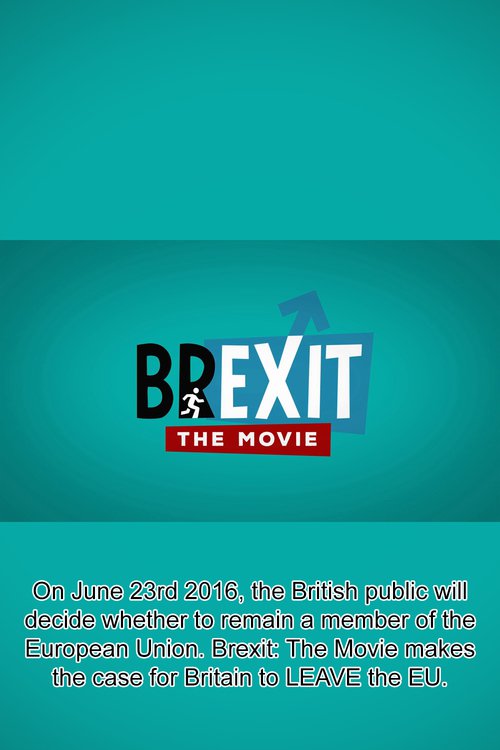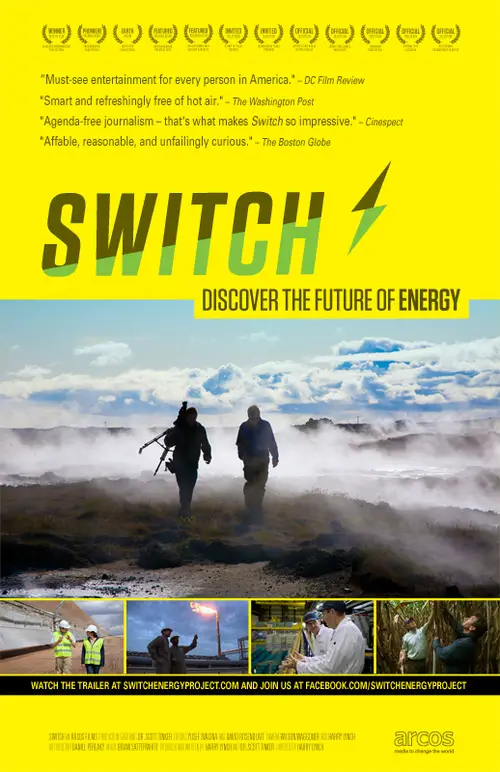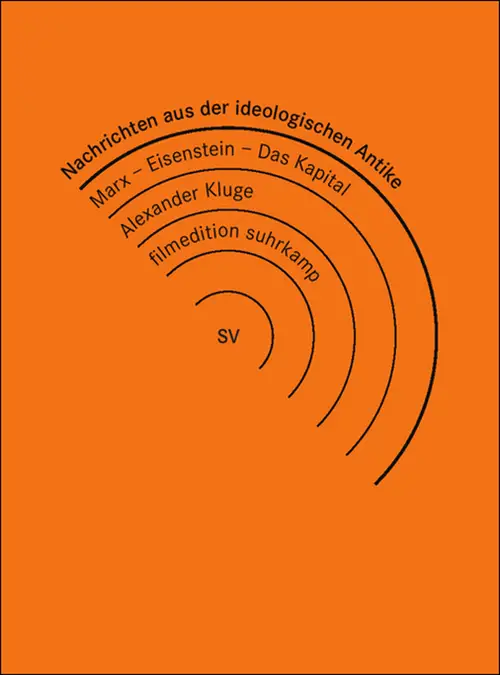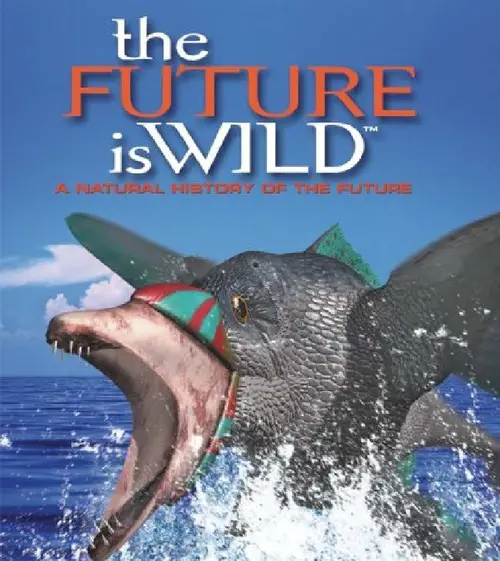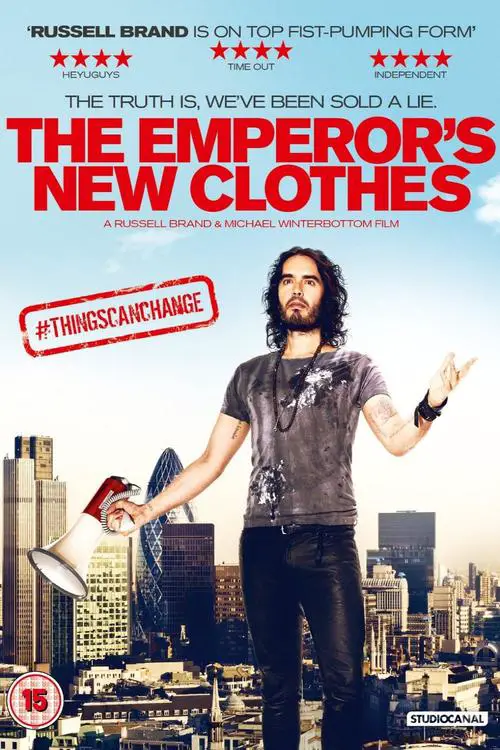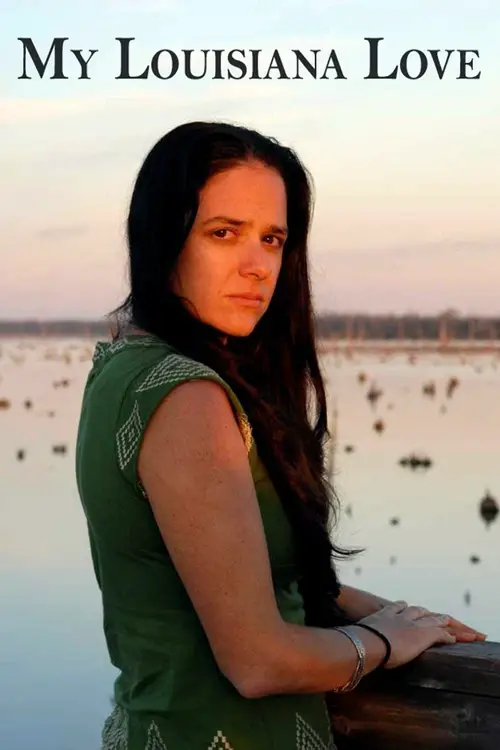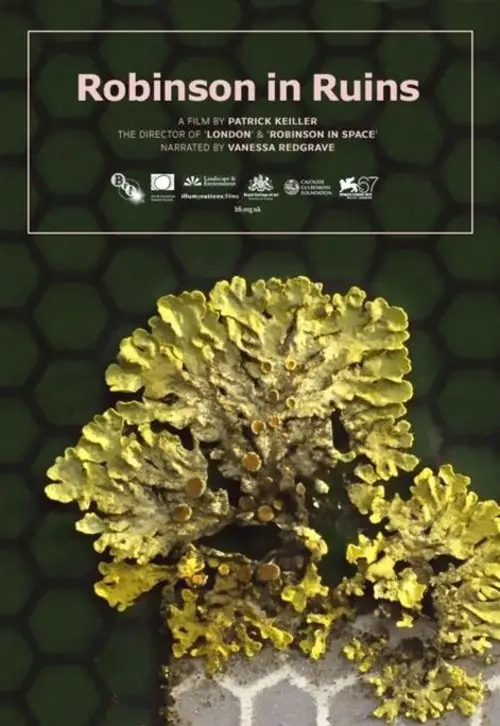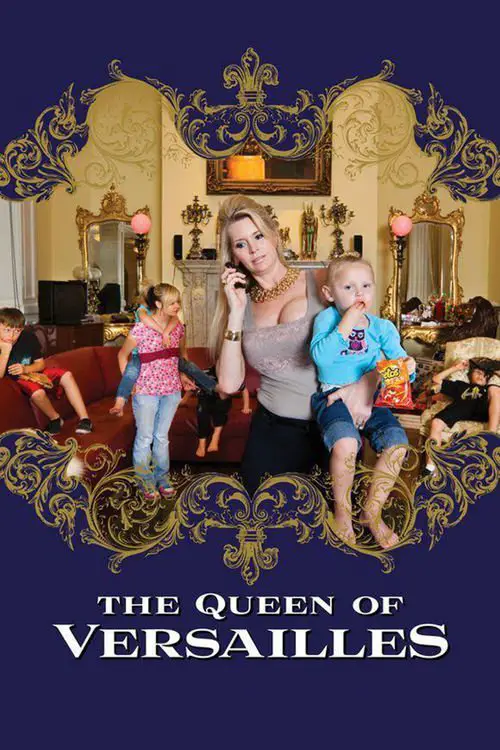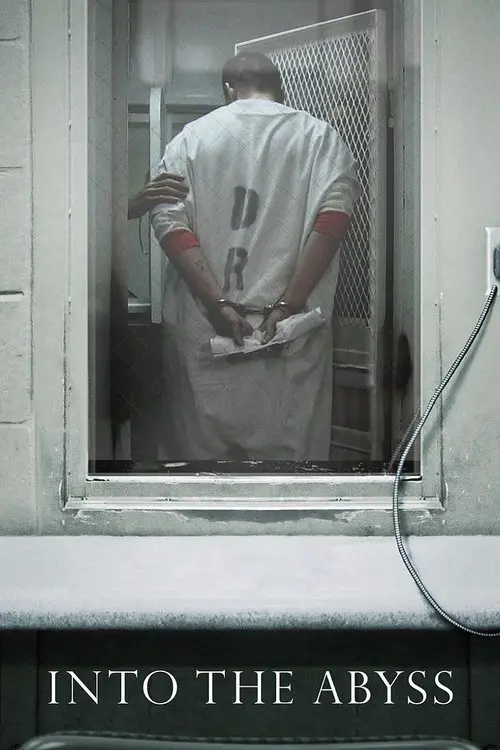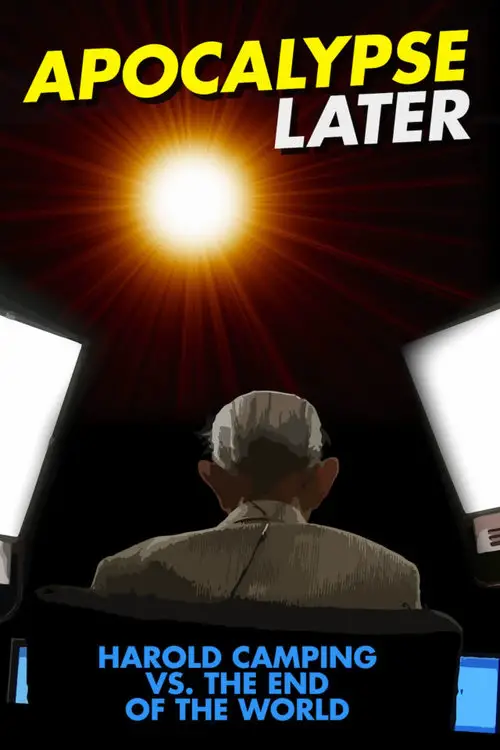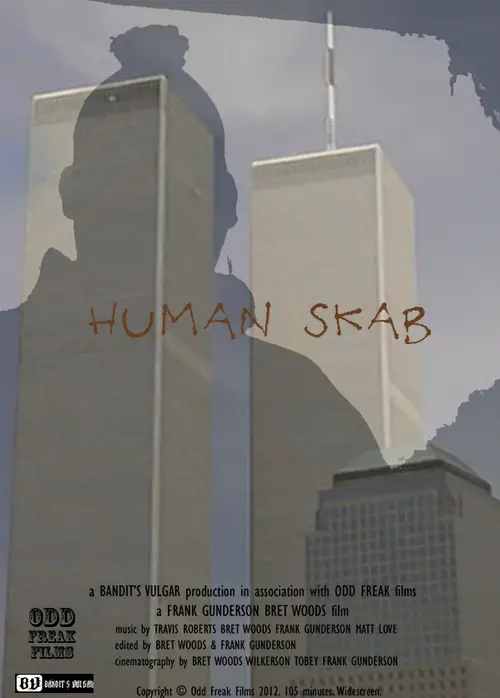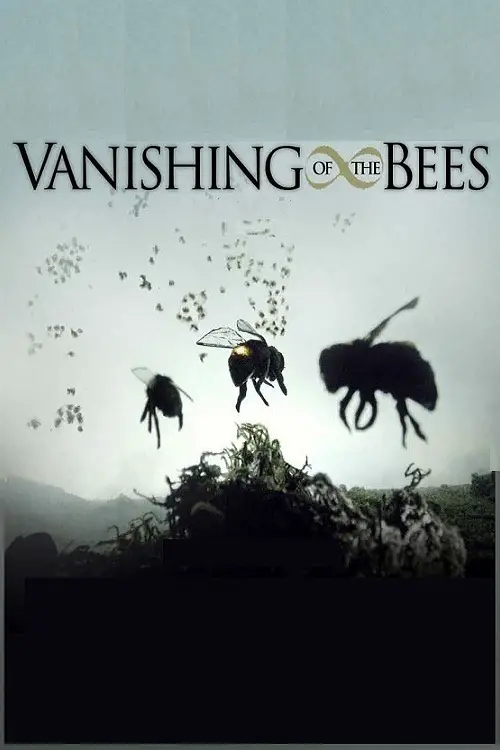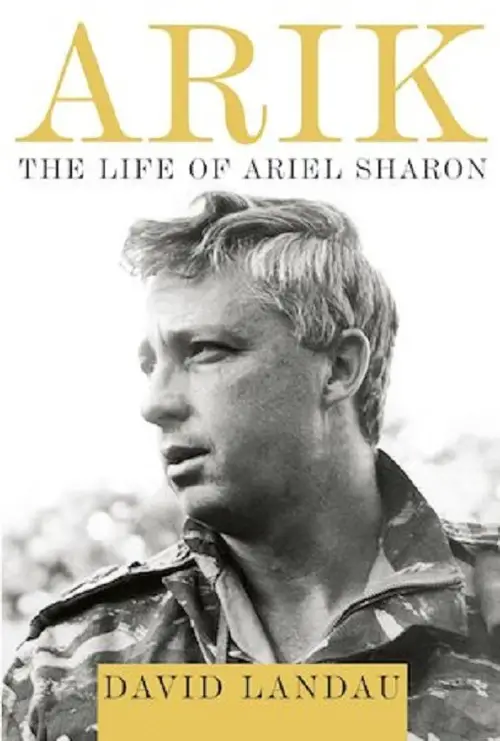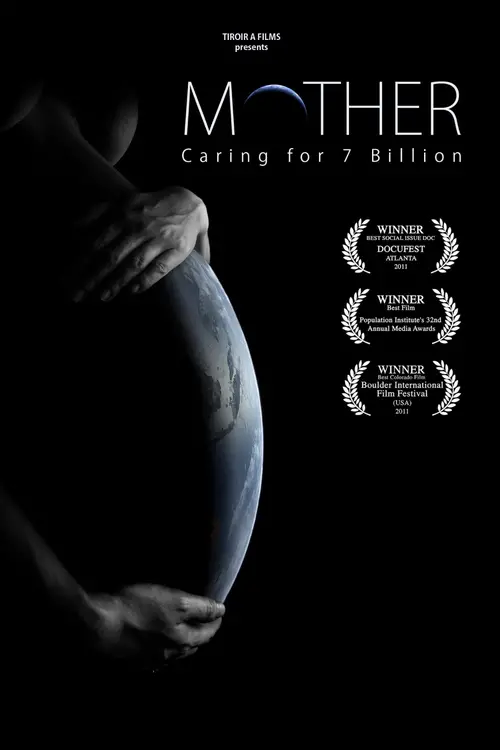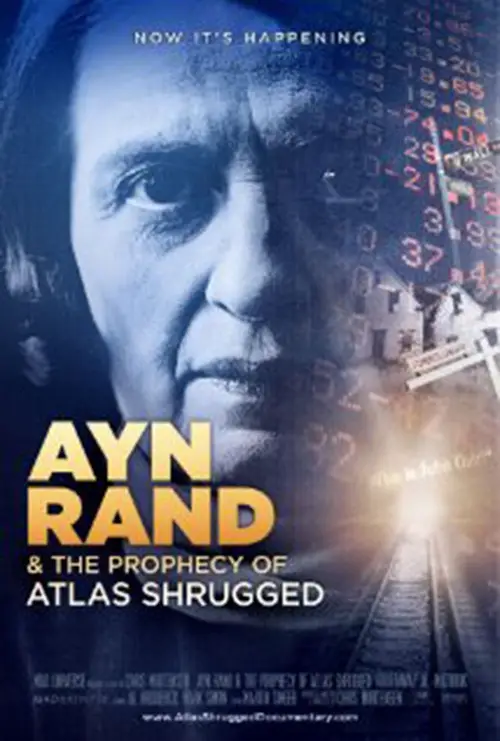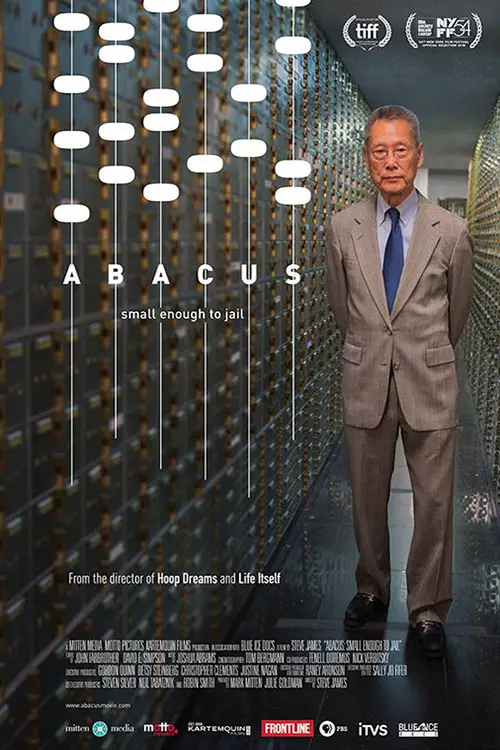Collapse (2009)
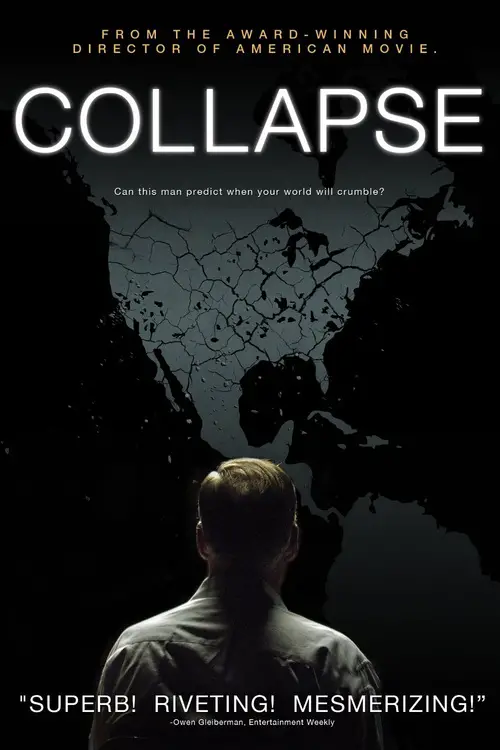
Similar movies
With breathtaking clarity, renowned University of Massachusetts Economics Professor Richard Wolff breaks down the root causes of today's economic crisis, showing how it was decades in the making and in fact reflects seismic failures within the structures of American-style capitalism itself. Wolff traces the source of the economic crisis to the 1970s, when wages began to stagnate and American workers were forced into a dysfunctional spiral of borrowing and debt that ultimately exploded in the mortgage meltdown. By placing the crisis within this larger historical and systemic frame, Wolff argues convincingly that the proposed government "bailouts," stimulus packages, and calls for increased market regulation will not be enough to address the real causes of the crisis, in the end suggesting that far more fundamental change will be necessary to avoid future catastrophes.
British historian and author Niall Ferguson explains how big money works today as well as the causes of and solutions to economic catastrophes in this extended version The Ascent of Money documentary. Through interviews with top experts, such as former Federal Reserve Chairman Paul Volcker and American currency speculator George Soros, the intricate world of finance, including global commerce, banking and lending, is examined thoroughly.
A film that exposes the shocking truth behind the economic crisis of 2008. The global financial meltdown, at a cost of over $20 trillion, resulted in millions of people losing their homes and jobs. Through extensive research and interviews with major financial insiders, politicians and journalists, Inside Job traces the rise of a rogue industry and unveils the corrosive relationships which have corrupted politics, regulation and academia.
With the country's debt growing out of control, Americans by and large are unaware of the looming financial crisis. This documentary examines several of the ways America can get its economy back on the right track. In addition to looking at the federal deficit and trade deficit, the film also closely explores the challenges of funding national entitlement programs such as Social Security, Medicare and Medicaid.
In 1923, Rudolf Steiner, an Austrian scientist, philosopher & social innovator, predicted that in 80 to 100 years honeybees would collapse. Now, beekeepers around the United States and around the world are reporting an incredible loss of honeybees, a phenomenon deemed "Colony Collapse Disorder." This "pandemic" is indicated by bees disappearing in mass numbers from their hives with no clear single explanation. The queen is there, honey is there, but the bees are gone. For the first time, in an alarming inquiry into the insights behind Steiner's prediction QUEEN OF THE SUN: What Are the Bees Telling Us? investigates the long-term causes behind the dire global bee crisis through the eyes of biodynamic beekeepers, commercial beekeepers, scientists and philosophers.
Humanityâs ascent is often measured by the speed of progress. But what if progress is actually spiraling us downwards, towards collapse? Ronald Wright, whose best-seller, âA Short History Of Progressâ inspired âSurviving Progressâ, shows how past civilizations were destroyed by âprogress trapsââalluring technologies and belief systems that serve immediate needs, but ransom the future. As pressure on the worldâs resources accelerates and financial elites bankrupt nations, can our globally-entwined civilization escape a final, catastrophic progress trap? With potent images and illuminating insights from thinkers who have probed our genes, our brains, and our social behaviour, this requiem to progress-as-usual also poses a challenge: to prove that making apes smarter isnât an evolutionary dead-end.
The End of Poverty? asks if the true causes of poverty today stem from a deliberate orchestration since colonial times which has evolved into our modern system whereby wealthy nations exploit the poor. People living and fighting against poverty answer condemning colonialism and its consequences; land grab, exploitation of natural resources, debt, free markets, demand for corporate profits and the evolution of an economic system in in which 25% of the world's population consumes 85% of its wealth. Featuring Nobel Prize winner Amartya Sen and Joseph Stiglitz, authors/activist Susan George, Eric Toussaint, Bolivian Vice President Alvaro Garcia Linera and more.
He was one of Germany's leading investment experts with an income of several million Euros per day. Now, he sits on one of the upper floors of an empty bank building in the middle of Frankfurt, overlooking a skyline of glass and steel. And talks. In an extended mix of a monologue and an in-depth interview, which is as frightening as it is fascinating, he shares his inside knowledge from a megalomaniac parallel world where illusions are the market's hardest currency. Marc Bauder's 'Master of the Universe' is based on meticulous research and provides us with geniune insight into the notoriously secretive and self-protective 'universe' of which our nameless protagonist experiences himself a master. Where other films on the financial meltdown have focused on the epic nature of larger-than-life business, Bauder probes the mentality that made it possible in the first place. A tense drama where psychology meets finance - two things that are more closely linked than you would like to believe.
The story of the credit bubble that caused the financial crash. Through interviews with some of the world's leading economists, including housing expert Robert Shiller, Nobel laureate Joseph Stiglitz, and economic historian Louis Hyman, as well as Wall Street insiders and victims of the crash including Ed Andrews - a former economics correspondent for The New York Times who found himself facing foreclosure - and Andrew Luan, once a bond trader at Deutsche Bank now running his own Wall Street tour guide business, the film presents an original and compelling account of the toxic combination of forces that nearly destroyed the world economy.
On 11th January 2008, hired by the City of Cleveland, lawyer Josh Cohen and his team filed a lawsuit against 21 banks, which they held accountable for the wave of foreclosures that had left their city in ruins. Since then, the bankers on Wall Street have been fighting by with all available means to avoid going to court. This film is the story of that trial. A film about a trial that may never be held but in which the facts, the participants and their testimonies are all real: the judge, lawyers, witnesses, even the members of the jury - asked to give their verdict - play their own roles. Step by step, one witness after another, the film takes apart, from a plain, human perspective, the mechanisms of subprime mortgage loans, a system that sent the world economy reeling. A trial for the sake of example, a universal fable about capitalism
How could a civilization that mastered the planet suddenly Collapse? Inspired by the New York Times best-selling book "Collapse: How Societies Choose to Fail or Succeed", NGC time travels 200 years into the future to see what the world would look like after civilization as we know it collapsed. Guided by author Jared Diamond, we'll piece together the remarkable story of what on earth triggered our decline.
The film is mixture of documentary and fiction examining the new god of capitalism offered to the Serbs with the ending of state socialism. The story's background are a number of strikes in Belgrade during the late 2000s and these introduce us to a number of characters who play themselves. Explosive situations result with employees dressed in American football helmets and pads square up with employers' heavies in their bullet-proof vests.A visit from the Russian tycoon's representative and vice president Joe Biden's arrival complicate the proceedings further.
It is well known in economics academia that The Wonderful Wizard of Oz written by L. Frank Baum in 1900 is loaded with powerful symbols of monetary reform which were the core of the Populist movement and the 1896 and 1900 president bid of Democrat William Jennings Bryan. The yellow brick road (gold standard), the emerald city of Oz (greenback money), even Dorothyâs silver slippers (changed to ruby slippers for the movie version) were the symbol of Baumâs and Bryanâs belief that adding silver coinage to gold would provide much needed money to a depression-strapped, 1890s America. We believe Baumâs symbols represent the only solution to relieve the growing economic hardship here in America â and the rest of the world. Practically speaking, 2009 marks the 70th anniversary of the 1939 MGM release of the The Wizard of Oz movie, so interest will be very high. Even Oz websites put up by kids get millions of hits.
Basil Gelpke and Ray McCormack's nonfiction treatise Crude Awakening joins Maxed Out, An Inconvenient Truth, and other recent documentaries devoted to unearthing and exploring forces that are untying the connective threads of contemporary society. The subject at hand is crude oil - specifically, the depletion of petroleum from the Earth, in an era when consumption threatens to exceed supply.
This may be the one of the most important Horizon films of recent years. Climate scientists have just discovered a phenomenon that threatens to disrupt our world. It may already have contributed to the deaths of hundreds of thousands through drought and famine. Unchecked, it will strike again. The good news is that there is a cure. The bad news is that the cure may be worse than the disease. If they are right, then in tackling the one problem, we may unleash a climate catastrophe on our planet. This is a film about stark choices and about the dawning realisation that all our predictions about the world's climate may be completely wrong. At its heart is something that scientists are calling "global dimming".
An unconventional documentary that lifts the veil on what's really going on in our world by following the money upstream - uncovering the global consolidation of power in nearly every aspect of our lives. Weaving together breakthroughs in science, consciousness and activism, THRIVE offers real solutions, empowering us with unprecedented and bold strategies for reclaiming our lives and our future.
Record high oil prices, global warming, and an insatiable demand for energy: these issues define our generation. The film exposes shocking connections between the auto industry, the oil industry, and the government, while exploring alternative energies such as solar, wind, electricity, and non-food-based biofuels.
Cuba's political and economic exile has yielded a startling upside: A pristine island preserve boasting one of the most diverse and primordial ecosystems in the region. But how will nature fare if the U.S. trade embargo ends and tourists pour in? This episode of the PBS series observes jumping crocodiles, painted snails and other famed residents while profiling the unsung scientists who are studying and protecting the creatures' idyllic habitats.
Uganda's dictator, General Idi Amin Dada, accepts a foreign crew's request to interview and film him. He talks to the camera about his outreach to Arab nations, his goal of eradicating Israel, his views on economic policy, and his views of Nixon, Kissinger, and other world leaders. We also see him dressing down his ministers at a cabinet meeting (two weeks after this meeting, the foreign minister, whom Amin criticizes here, is murdered), supervising a war-game simulation of an invasion of Israel, visiting a village, and addressing a conclave of Ugandan physicians.
Paradise or Oblivion is a free online documentary produced by the Venus Project. This documentary details the root causes of the systemic value disorders and detrimental symptoms caused by our current established system. The film advocates a new socio-economic system, which is updated to present-day knowledge, featuring the life-long work of Social Engineer, Futurist, Inventor and Industrial Designer Jacques Fresco, which he calls a Resource-Based Economy. Paradise or Oblivion by the Venus Project introduces the viewer to a more appropriate value system that would be required to enable this caring and holistic approach to hhuman civilisation. This alternative surpasses the need for a monetary-based, controlled scarcity environment we find ourselves in today.
João Moreira Salles, perhaps the finest documentary filmmaker of his generation, had complete access to Lula during the hectic 2002 campaign season. Salles fills his film with intimate behind-the-scenes footage of the campaign trail, focusing on the âintermissionsâ between the big public events that dominate campaign coverage. Lulaâs candor and charisma comes across whether heâs bantering at his regular barbershop or debating with his campaign team on a cramped private plane. Intermissions not only provides great insight into one of the most fascinating world leaders of our timeâEsquire named him âone of the most influential people of the 21st centuryââbut it ranks alongside The War Room as one of the most perceptive and candid political documentaries ever. -Description via Wexner Center Film/Video
A feature-length documentary to show why Britain should vote to LEAVE the EU - and would thrive outside of it. Brexit: The Movie spells out the danger of staying part of the EU. Is it safe to give a remote government beyond our control the power to make laws? Is it safe to tie ourselves to countries which are close to financial ruin, drifting towards scary political extremism, and suffering long-term, self-inflicted economic decline?
What will it really take, to transition from oil and coal, to the energies of tomorrow? SWITCH goes where no film has gone before, deep into the world's most restricted energy sites, to depoliticize competing power sources, make the technical accessible, and discover the truth of our energy future. Test audiences have raved, calling it, 'The most important energy film since An Inconvenient Truth.'
Alexander Kluge's News from Ideological Antiquity begins with Russian filmmaker Sergei Eisenstein's ambitious but unrealized plan to combine Karl Marx's Capital and James Joyce's Ulysses. For over nine hours, the film expands in concentric circles as Kluge, his guests, interlocutors and monologists make associative links on a range of topics that starts from a filmic discussion of Eisenstein's notes.
Imagine a world far, far into the future. A world very different from our own, a time where mankind has been wiped out by massive climactic and geological changes. What would that world be like, and what kinds of creatures could survive changes that nearly destroyed the Earth? And international team or eminent scientists was formed to predict the future and its new life forms in 5 million, 100 million and 200 million years. The scientists predicted that the Earth would go through several phases. To capture these worlds are accurately as possible, a camera crew traveled to remote locations around the globe. State-of-the-art animation helped bring to life the beings of the future.
Michael Winterbottom, celebrated director of 24 Hour Party People, The Road to Guantanamo, and The Trip, joins forces with actor, comedian, and provocateur Russell Brand for that most unlikely of documentary approaches: an uproarious critique of the world financial crisis. Building on Brandâs emergence as an activist following his 2014 book Revolution, where he railed against âcorporate tyranny, ecological irresponsibility, and economic inequality,â The Emperorâs New Clothes pairs archival footage with comedic send-ups conducted in the financial centers of London and New York. Brand spotlights not only how the crisis affected the working class around the world, but also how the uber-wealthy benefited from the downturn. With Winterbottom providing his signature ingenuity and pinpoint directorial control, they generate a riveting, boisterous, and, at times, cathartic riff on the extreme disparities between the haves and have nots in contemporary society.
My Louisiana Love follows a young Native American woman, Monique Verdin, as she returns to Southeast Louisiana to reunite with her Houma Indian family. But soon she sees that her peopleâs traditional way of life- fishing, trapping, and hunting these fragile wetlandsâ is threatened by a cycle of man-made environmental crises. As Louisiana is devastated by Hurricane Katrina and Rita and then the BP oil leak, Monique finds herself turning to environmental activism. She documents her familyâs struggle to stay close to the land despite the cycle of disasters and the rapidly disappearing coastline. The film looks at the complex and uneven relationship between the oil industry and the indigenous community of the Mississippi Delta. In this intimate documentary portrait, Monique must overcome the loss of her house, her father, and her partner â and redefine the meaning of home. Her story is both unique and frighteningly familiar.
The eagerly awaited sequel to Patrick Keiller's London and Robinson in Space is a beautifully photographed cinematic essay on our current environmental and economic predicament, narrated by Vanessa Redgrave. Timely, provocative and studded with surreal humour, Robinson in Ruins reveals hidden histories and surprising visions (from the opium poppy fields of Oxfordshire to what seems to be a talking post box), making us consider the world around us afresh.
With the epic dimensions of a Shakespearean tragedy, The Queen of Versailles follows billionaires Jackie and Davidâs rags-to-riches story to uncover the innate virtues and flaws of their American dream. We open on the triumphant construction of the biggest house in America, a sprawling, 90,000-square-foot mansion inspired by Versailles. Since a booming time-share business built on the real-estate bubble is financing it, the economic crisis brings progress to a halt and seals the fate of its owners. We witness the impact of this turn of fortune over the next two years in a riveting film fraught with delusion, denial, and self-effacing humor.
Legendary filmmaker Werner Herzog returns with INTO THE ABYSS: A TALE OF DEATH, A TALE OF LIFE, a riveting examination of a horrible crime which probes the human psyche to explore why people kill--and why the state kills. In intimate conversations with those involved, including 28-year-old death row inmate Michael Perry (who was scheduled to die eight days after his interview with Herzog), the filmmaker achieves what he describes as "a gaze into the abyss of the human soul." As he's so often done before, Herzog's investigation unveils layers of humanity, making an enlightening trip out of ominous territory.
Harold Camping sounded the alarm. May 21, 2011 was to be Judgment Day, God's intervention into our worldly affairs. The end is coming right now! Or, perhaps a little later. Apocalypse Later traces the roots of end times predictions from the Book of Daniel to the historical Jesus and lastly to Paul, the greatest of the Apostles.
'In ten years I'm gonna be cruising the coast. Drinking my pop. I'm gonna be kissing all the girls; I'm gonna be singing all the rock.' This swaggering prediction came from ten year old Travis Roberts, aka 'The Human Skab,' at the height of his early music career. Little could he know that in ten years he would actually be on the front lines of the War on Terror, and that it would be twenty-three years before he would be able to fulfill his dream. Part punk rockumentary, part band ethnography, part war veteran story, this film portrays the saga of Travis as he and several other characters embark on a reunion tour, reclaiming the musical phenomenon that was so popular in its original inception.
This documentary takes a piercing investigative look at the economic, political and ecological implications of the worldwide disappearance of the honeybee. The film examines our current agricultural landscape and celebrates the ancient and sacred connection between man and the honeybee. The story highlights the positive changes that have resulted due to the tragic phenomenon known as "Colony Collapse Disorder." To empower the audience, the documentary provides viewers with tangible solutions they can apply to their everyday lives. Vanishing of the Bees unfolds as a dramatic tale of science and mystery, illuminating this extraordinary crisis and its greater meaning about the relationship between humankind and Mother Earth. The bees have a message - but will we listen?
Mother, the film, breaks a 40-year taboo by bringing to light an issue that silently fuels our largest environmental, humanitarian and social crises - population growth. Since the 1960s the world population has nearly doubled, adding more than 3 billion people. At the same time, talking about population has become politically incorrect because of the sensitivity of the issues surrounding the topic- religion, economics, family planning and gender inequality. The film illustrates both the over consumption and the inequity side of the population issue by following Beth, a mother, a child-rights activist and the last sibling of a large American family of twelve, as she discovers the thorny complexities of the population dilemma and highlights a different path to solve it.
The incredible saga of the Chinese immigrant Sung family, owners of Abacus Federal Savings of Chinatown, New York. Accused of mortgage fraud by Manhattan District Attorney Cyrus R. Vance, Jr., Abacus becomes the only U.S. bank to face criminal charges in the wake of the 2008 financial crisis. The indictment and subsequent trial forces the Sung family to defend themselves â and their bankâs legacy in the Chinatown community â over the course of a five-year legal battle.
© Valossa 2015–2026
| Privacy Policy
